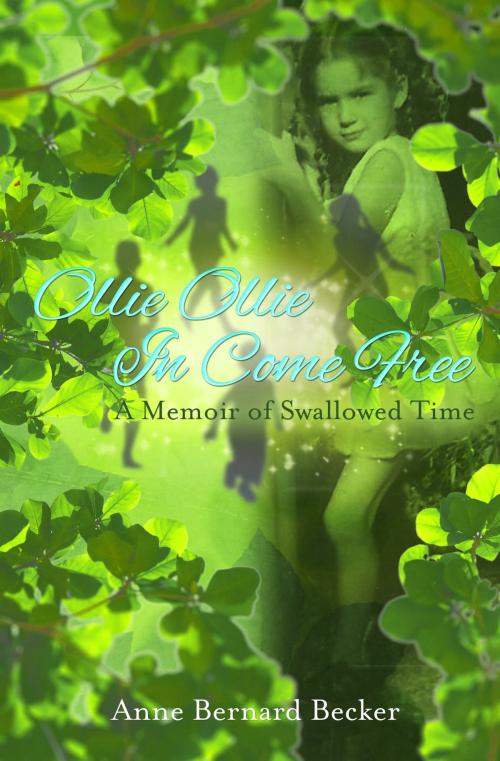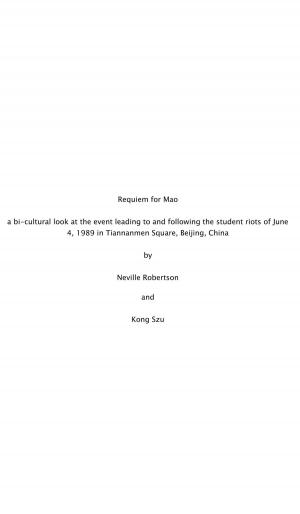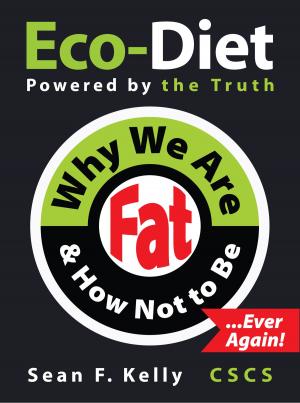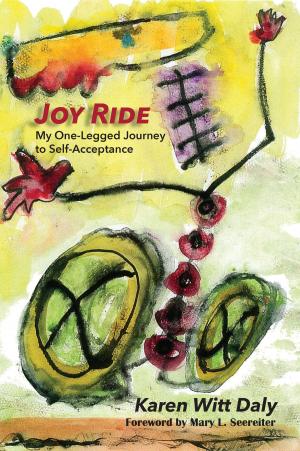| Author: | Anne Bernard Becker | ISBN: | 9781483566498 |
| Publisher: | BookBaby | Publication: | March 31, 2016 |
| Imprint: | BookBaby | Language: | English |
| Author: | Anne Bernard Becker |
| ISBN: | 9781483566498 |
| Publisher: | BookBaby |
| Publication: | March 31, 2016 |
| Imprint: | BookBaby |
| Language: | English |
Ollie Ollie In Come Free: A Memoir of Swallowed Time is an intimate exploration of the author's childhood in a large Catholic family and the impact of her brother's and sister's early deaths. It depicts the long-term, hidden effects of these family tragedies on her development into adulthood. Much of the memoir is narrated in Anne's raw, unfiltered child voice as she eagerly opens up her secret inner world to an imaginary adult witness. She offers humorous, painful and chaotic musings about her inner landscape and outer events during her growing up years in middle-class South Bend, Indiana, 1952 to 1970. While never conscious of the role her grief plays, or the terror and survivor guilt that plague her, she feels oddly lost and isolated within her boisterous family. The young girl's story is framed by adult reflections. After the stillbirth of her first child and the near-death of a second infant, Anne as a thirty-five year old woman finds herself shaken to the core. She enters psychoanalysis to uncover the depression and panic attacks that are plaguing her adult life. For seven years, she immerses herself in the past, four hours a week, painstakingly uncovering her childhood experiences and her long-frozen grief. She gradually realizes how she has been shaped by the unmourned deaths of her sister Mary-Louise, who died when Anne was three, and her brother Paul, whose death from cancer occurred three years later. Ollie Ollie In Come Free explores important themes: the effects of family deaths on a developing psyche, emotional numbing in high-functioning families, and the lack of societal support for the mourning process in middle-class America. It also reflects on the broader social and political movements of the tumultous era of the 1960's, as experienced by a sensitive and earnest young girl. It is a spiritual memoir, about growing up Catholic in an era of transition before and after Vatican II, about despair and faith intermingled, about guilt, confused piety, and the search for healthy community. The adult narrative offers glimpses into the process of psychoanalysis, with reflections on its uses and limitations, and the intimate bond that is created. In addition to her siblings' deaths, Anne's lively story is marked by two pivotal events: her parents' creation of the still successful Stanley Clark School in South Bend, and the year in which her father, a history professor at the University of Notre Dame, takes the whole family on his sabbatical in France. However, the book's focus is on internal experience rather than external events. The child and adolescent passages have an inevitable feeling of quiet alienation. Ollie Ollie In Come Free offers a unique entree into the raw anguish, sweetness and yearnings in one young girl's lived experience. It brings to life near-universal memories of childhood for many who came of age during the 1960's. This memoir, with its evocative imagery and quiet humor, serves as a cautionary tale about the need to take seriously children's grief and their entire inner world.
Ollie Ollie In Come Free: A Memoir of Swallowed Time is an intimate exploration of the author's childhood in a large Catholic family and the impact of her brother's and sister's early deaths. It depicts the long-term, hidden effects of these family tragedies on her development into adulthood. Much of the memoir is narrated in Anne's raw, unfiltered child voice as she eagerly opens up her secret inner world to an imaginary adult witness. She offers humorous, painful and chaotic musings about her inner landscape and outer events during her growing up years in middle-class South Bend, Indiana, 1952 to 1970. While never conscious of the role her grief plays, or the terror and survivor guilt that plague her, she feels oddly lost and isolated within her boisterous family. The young girl's story is framed by adult reflections. After the stillbirth of her first child and the near-death of a second infant, Anne as a thirty-five year old woman finds herself shaken to the core. She enters psychoanalysis to uncover the depression and panic attacks that are plaguing her adult life. For seven years, she immerses herself in the past, four hours a week, painstakingly uncovering her childhood experiences and her long-frozen grief. She gradually realizes how she has been shaped by the unmourned deaths of her sister Mary-Louise, who died when Anne was three, and her brother Paul, whose death from cancer occurred three years later. Ollie Ollie In Come Free explores important themes: the effects of family deaths on a developing psyche, emotional numbing in high-functioning families, and the lack of societal support for the mourning process in middle-class America. It also reflects on the broader social and political movements of the tumultous era of the 1960's, as experienced by a sensitive and earnest young girl. It is a spiritual memoir, about growing up Catholic in an era of transition before and after Vatican II, about despair and faith intermingled, about guilt, confused piety, and the search for healthy community. The adult narrative offers glimpses into the process of psychoanalysis, with reflections on its uses and limitations, and the intimate bond that is created. In addition to her siblings' deaths, Anne's lively story is marked by two pivotal events: her parents' creation of the still successful Stanley Clark School in South Bend, and the year in which her father, a history professor at the University of Notre Dame, takes the whole family on his sabbatical in France. However, the book's focus is on internal experience rather than external events. The child and adolescent passages have an inevitable feeling of quiet alienation. Ollie Ollie In Come Free offers a unique entree into the raw anguish, sweetness and yearnings in one young girl's lived experience. It brings to life near-universal memories of childhood for many who came of age during the 1960's. This memoir, with its evocative imagery and quiet humor, serves as a cautionary tale about the need to take seriously children's grief and their entire inner world.















